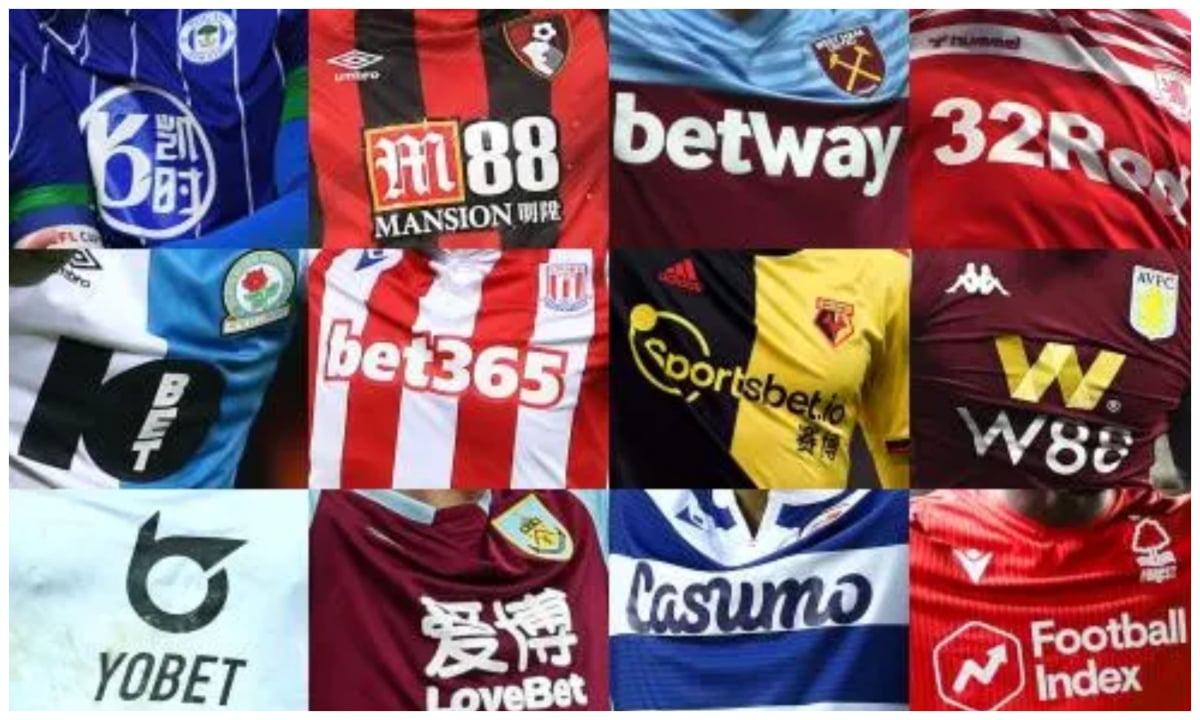Premier League clubs have agreed to ban gambling sponsorship from the front of their matchday shirts by the end of the 2025-26 season. This voluntary move makes the Premier League the first sports league in the UK to take such a measure to reduce gambling advertising. The decision follows a consultation between the league, its clubs, and the Department for Digital, Culture, Media, and Sport (DCMS) as part of the government’s ongoing review of current gambling legislation.
Eight top-flight clubs currently feature gambling companies on the front of their shirts, worth an estimated £60m per year. However, clubs will still be allowed to continue featuring gambling brands in areas such as shirt sleeves and LED advertising after the deadline. Moreover, they will be allowed to secure new shirt-front deals before the deadline.
The league is also collaborating with other sports on the development of a new code for responsible gambling sponsorship. The government was not expected to propose banning gambling sponsorship, and the plan was for the Premier League to agree voluntarily to a change. Reforms to the Gambling Act 2005 were largely agreed upon by former Prime Minister Boris Johnson before he stepped down last July, leading to a delay in a gambling white paper being published.
Lucy Frazer, the Secretary of State for Culture, Media and Sport, who was appointed in February, welcomed the Premier League’s decision. She said, “The vast majority of adults gamble safely, but we have to recognize that footballers are role models who have enormous influence on young people. We want to work with institutions like the Premier League to do the right thing for young fans. We will soon bring forward a gambling white paper to update protections for punters and ensure those who are at risk of gambling harm and addiction are protected.”
The move to ban gambling ads on shirts aligns with growing concerns about the impact of gambling on individuals and society. Gambling addiction is a prevalent issue in the UK, with millions of people affected. By taking a voluntary stand on this issue, the Premier League is showing leadership and responsibility, setting a positive example for other sports organizations to follow.


